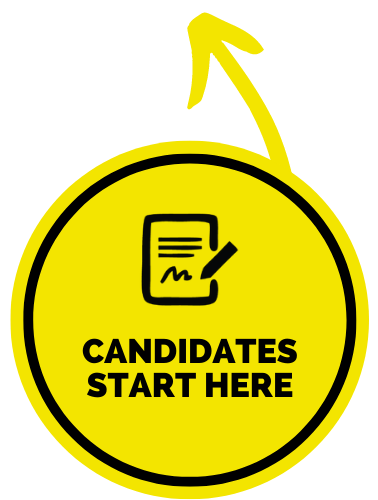
Looking for a new job can be a daunting task, but it doesn’t have to be. By following these steps, you can start your job search off on the right foot and increase your chances of finding the perfect job for you.
Getting Started:
- Define your goals. What are you looking for in a new job? What are your skills and experience? What is your salary range? Once you know what you’re looking for, you can start to narrow down your search.
- Update your resume and LinkedIn profile. Your resume and LinkedIn profile are your first impressions to potential employers. Make sure they are up-to-date and highlight your skills and experience.
- Network with your contacts. Let your friends, family, and former colleagues know that you’re looking for a new job. They may know of open positions that you’re not aware of.
- Use job boards and search engines. There are many job boards and search engines that can help you find open positions. Some popular options include Indeed, Monster, CareerBuilder, and LinkedIn.
- Contact recruitment agencies and headhunters. Recruitment agencies and headhunters can help you find open positions that match your skills and experience. They can also provide you with advice and support throughout your job search.
- Attend job fairs. Job fairs are a great way to meet with potential employers and learn about open positions.
- Don’t give up! The job search can be tough, but it’s important to stay positive and persistent. The more effort you put into your job search, the more likely you are to find the perfect job for you.
Here are some additional tips for where to start when looking for a job:
- Use online job posting sites. There are many online job posting sites that list open positions from a variety of companies. Some popular options include Indeed, Monster, CareerBuilder, and Glassdoor.
- Sign up for job alerts. Many job boards and search engines allow you to sign up for job alerts. This way, you’ll be notified when new jobs that match your criteria are posted.
- Network with people in your field. Attend industry events, join professional organisations, and connect with people on LinkedIn. This is a great way to learn about open positions and make connections that could lead to a job.
- Reach out to companies directly. If you’re interested in working for a particular company, don’t be afraid to reach out to them directly. You can find contact information for hiring managers on the company’s website or by doing a Google search.
Here are some additional terms that you may find helpful when looking for a job:
- Talent acquisition specialist: A talent acquisition specialist is a professional who is responsible for finding and hiring qualified candidates for open positions.
- Employment agency: An employment agency is a business that helps match job seekers with employers.
- Job agency: A job agency is a business that helps job seekers find employment.
- Job posting sites: Job posting sites are websites that list open positions from a variety of companies.
- Job alert: A job alert is an email notification that is sent to you when a new job that matches your criteria is posted.
- Online job vacancies: Online job vacancies are open positions that are listed on the internet.
- Recruitment manager: A recruitment manager is a professional who is responsible for overseeing the recruitment process for a company.
- Recruitment company: A recruitment company is a business that helps companies find qualified candidates for open positions.
By following these tips, you can start your job search off on the right foot and increase your chances of finding the perfect job for you.










